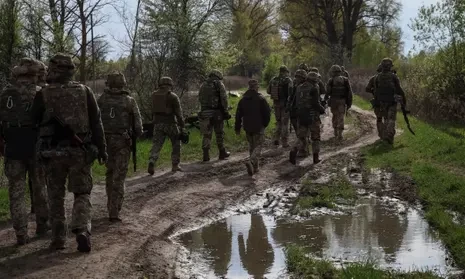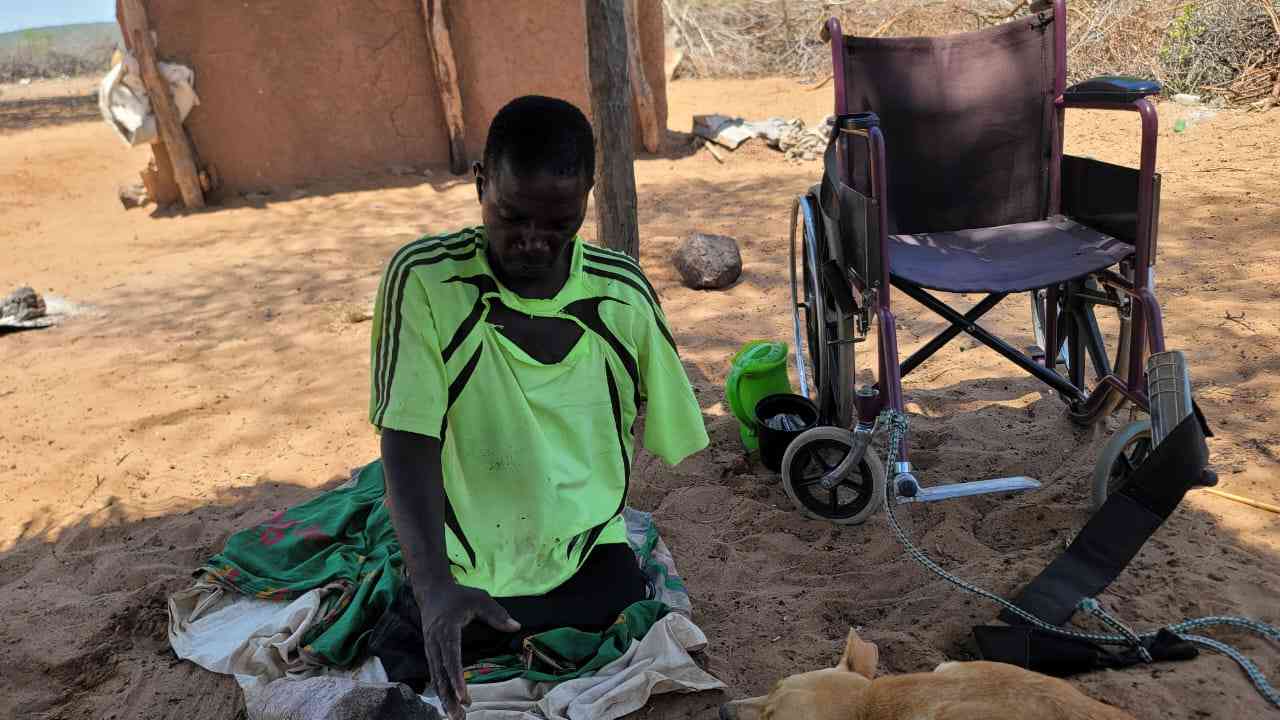
WHEN the war between Russia and Ukraine escalated on February 24, 2022, the world was largely divided. The majority of the world stood by Ukraine as Russia was viewed as the invader.
Some of them had their opinions influenced by the Western media in a context where propaganda news reporting took centre stage, while others could not see Russia holding its ground against a 54-country-backed Ukraine.
Many thought Russia would be defeated in less than a week and yet today, the war is in its third year despite the major global economic and political implications.
Of course, there was the other side that stood by Russia saying the West was hiding behind Ukraine to bully Russia and the world.
They argued that Ukraine’s intention to join the North Atlantic Treaty Organisation (Nato) was a direct provocation to Russia. And they saw the whole move as part of the Western imperialistic project.
Nonetheless, none of these arguments and others warranted a war. The world is stuck with a devastating and unnecessary war with no clue on how to end it without egos being bruised. The war has caused suffering.
Along the way, the wars in Sudan and the Middle East broke out. These were punctuated by episodes of coups in West and Central African regions with some indications of the presence of Russian and Ukraine interests in some of these situations.
In addition to the economic impact, it now seems that these wars have indirectly spread to other regions as proxy wars.
- Lukaku becomes the most expensive player ever
- Lukaku becomes the most expensive player ever
- Ukraine's Zelenskiy warns Europeans to brace for bleak winter
- Ben Stiller and Sean Penn latest Americans banned from Russia
Keep Reading
However, the million-dollar question is what are these interests given that none of the two countries have colonial links with Africa. Could it be a question of political egos or there is a bigger picture? For Ukraine, it is hard to tell unless it is fronting the West.
But for Russia, the situation seems to be getting clearer by the day. African countries are increasingly welcoming economic, diplomatic and security ties with Russia. The relationship did not start recently.
Most African countries have historically enjoyed ideological, political and military ties with Russia.
So, Russia has always been seen as a good “big trusted brother” by many African leaders.
And since most African countries attained their independence, they have supported Russia at different fora and levels even though Russia did not have a major economic or political interest in Africa other than just “friendship”.
This is a long-term investment that Russia is tapping into, perhaps much to the surprise of the West. Maintaining that non-materialistic arrangement seems to be benefiting Russia in recent years and maybe into the future as it seeks to influence Africa’s relations with the West.
However, the West sees the growing presence of Russian influence as a threat to its interests, politically destabilising and economically disruptive. That is a justifiable cause for concern for them if the objective is to maintain the status quo, but Russia sees an opportunity to wedge into anti-Western sentiment in Africa to boost its influence to advance the geopolitical changes.
While the Western’s concern — at least in the public domain — is to promote and sustain democratic principles in Africa, Russia thinks the West has been unfair to the continent long enough and it is time to push for more equal partnerships with African countries.
This comes at a cost for the West which is expected to pay current global prices for raw materials and goods from African countries. But is that Russia’s bigger picture?
This takes us back to the question of what is Russia’s interests in Africa. It may be that Russia does not have direct interests in Africa, similar to the West, but it sees the continent as a convenient partner in shaping global political and economic dynamics and building its hegemonic power base.
The continent holds a multi-trillion dollar worth of raw material exports to Western countries per year. If that supply chain is disrupted, some Western countries will experience a slump in their economies — the same economies that are sustaining the war in Ukraine. This will have major political and economic implications for the affected countries and may force citizens of those countries to turn against their governments.
Already most Western countries are facing a major conundrum on whether they should back wars in Eastern Europe and the Middle East. Iran’s recent acts of provocation in the Middle East are adding another headache which is why Western countries have been cautious in their response. The Western bloc cannot afford to finance three wars at the same time when their economies are already overstretched.
Russia might be enjoying this because it only has one major war to worry about, while they gradually work towards reducing or cutting the African raw material resources supply chain. Of course, it may be ambitious to dream of a weak and isolated Western bloc but that seems to be how Russia’s Vladimir Putin is re-imagining the world.
Tapiwa Gomo is a development consultant based in Pretoria, South Africa. He writes here in his personal capacity.









